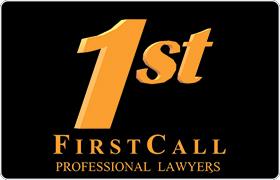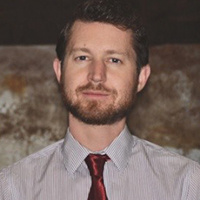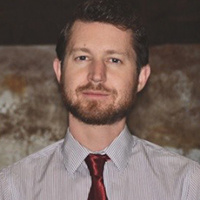San Diego Misdemeanor Lawyer, California
Sponsored Law Firm
-
 x
x

Click For More Info:
-
First Call Legal Services Corporation
530 Hacienda Dr Unit 101B Vista, CA 92081» view mapCriminal Defense Effective. Versatile. Decisive.
Our vision is to build strong, trust-based client relationships from our first handshake. Every challenge is an opportunity. You need the RIGHT PEOPLE for the job you want done.
760-690-3999
Jacob Prescott Austin
✓ VERIFIEDCriminal, Felony, Misdemeanor, DUI-DWI, White Collar Crime
Over the years I have worked on cases spanning many areas of law such as marriage dissolution issues, transferring trademarks, elder abuse, financial ... (more)
Jacob Prescott Austin
✓ VERIFIEDCriminal, Felony, Misdemeanor, DUI-DWI, White Collar Crime
Over the years I have worked on cases spanning many areas of law such as marriage dissolution issues, transferring trademarks, elder abuse, financial ... (more)
Alanna Marie Rutan
Litigation, Employment Contracts, Misdemeanor
Status: In Good Standing Licensed: 9 Years
Alise Marie Malley
Misdemeanor, Personal Injury, Accident & Injury
Status: In Good Standing Licensed: 9 Years
Amanda Nell Mccarty
Lawsuit & Dispute, Public Law, Misdemeanor, Accident & Injury
Status: In Good Standing Licensed: 15 Years
Amber Brooke Rabon
Federal, Misdemeanor, Felony, Criminal
Status: In Good Standing Licensed: 16 Years
Andrew William Morris
Real Estate, Dispute Resolution, Misdemeanor, Accident & Injury
Status: In Good Standing Licensed: 13 Years
Arthur H. Skola
Power of Attorney, Trusts, Employment, Divorce & Family Law, Misdemeanor
Status: In Good Standing Licensed: 46 Years
Ashby Clark Sorensen
Criminal, Felony, DUI-DWI, Misdemeanor
Status: In Good Standing Licensed: 18 Years
 First Call Legal Services Vista, CA
First Call Legal Services Vista, CA Practice AreasExpertise
Practice AreasExpertise


